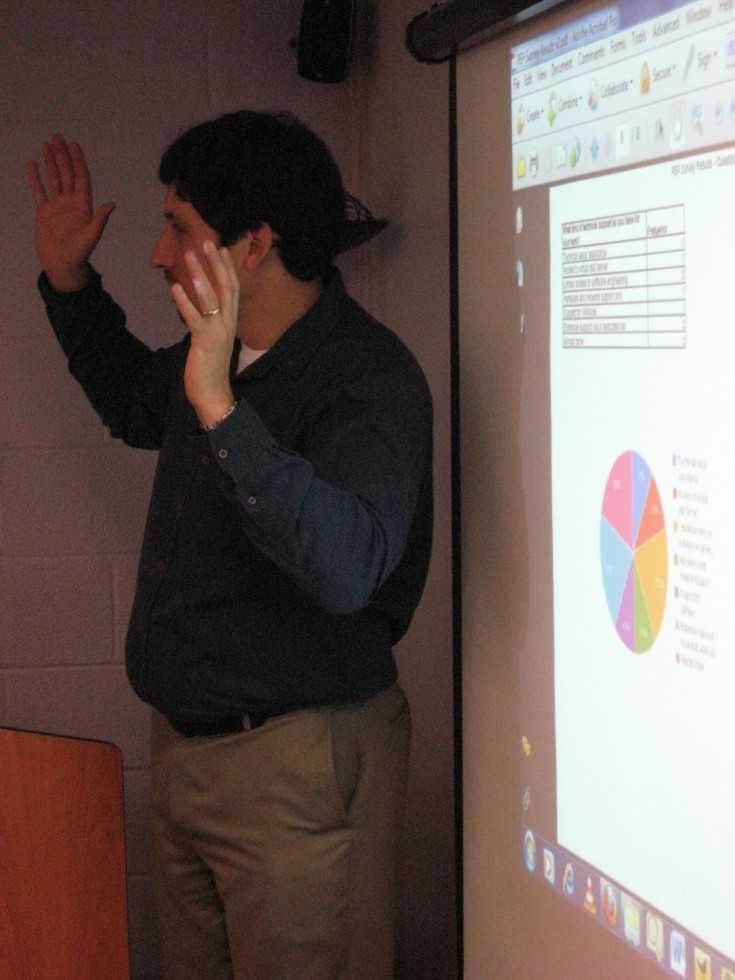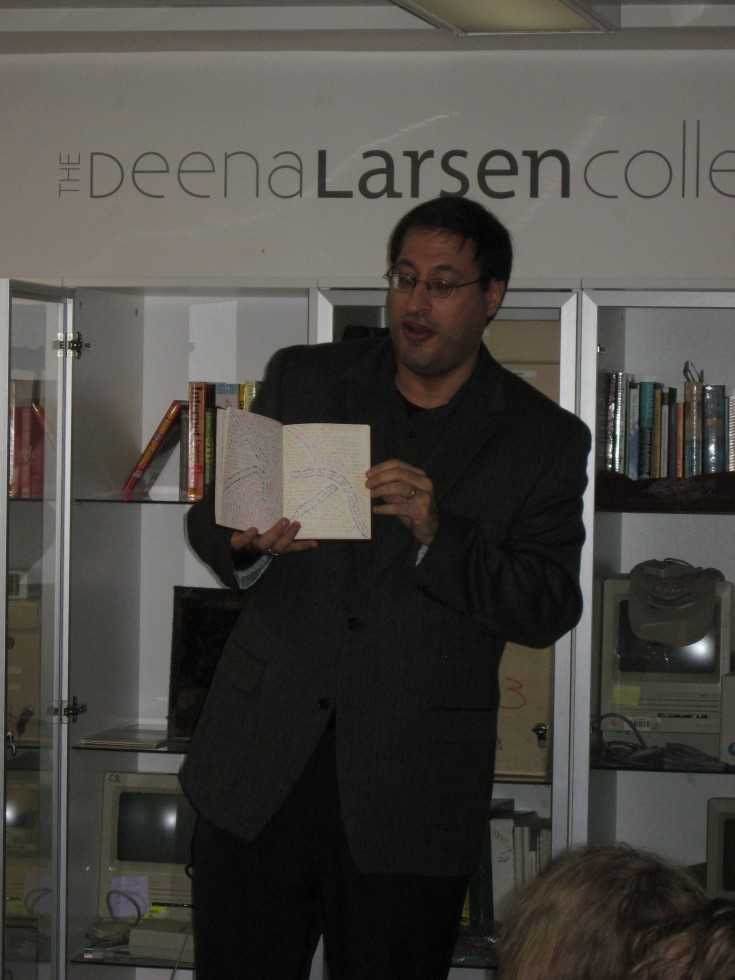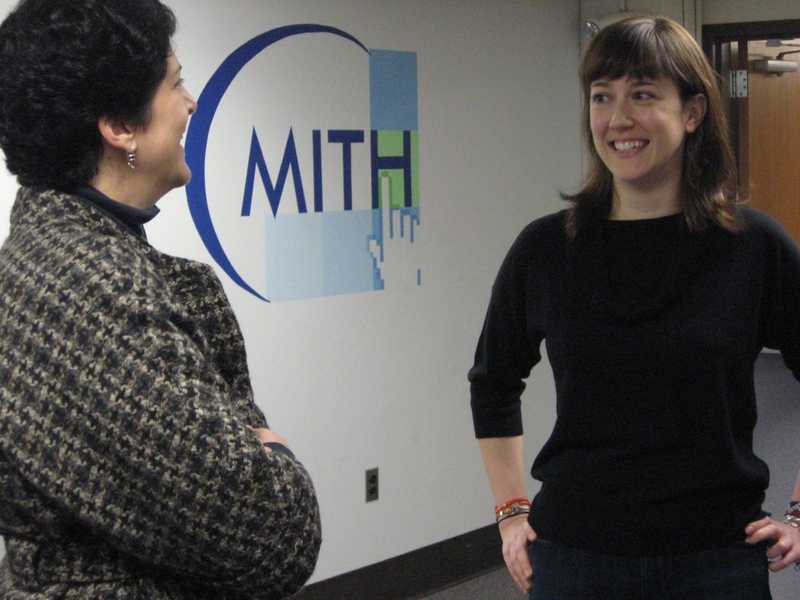 This past weekend the Maryland Institute for Technology in the Humanities (MITH) hosted a two-day workshop for BitCurator, a collaboration between UNC Chapel Hill's School of Information and Library Science (SILS) and MITH.
This past weekend the Maryland Institute for Technology in the Humanities (MITH) hosted a two-day workshop for BitCurator, a collaboration between UNC Chapel Hill's School of Information and Library Science (SILS) and MITH.
BitCurator is an effort to build, test, and analyze systems and software for incorporating digital forensics methods into the workflows of a variety of collecting institutions. While some digital forensics tools have natural applications or parallels in digital curation, they are currently not very approachable to library/archives professionals in terms of interface, operation, and documentation. Furthermore, some of the functionality required by collecting institutions is incomplete or absent from software designed for the forensics industry:

- Incorporation into the workflow of archives/library ingest and collection management, e.g. metadata conventions, hooks into existing content management system (CMS) environments. Addressing these issues may include bridging open source tools through existing APIs, export scripts (as standalone programs or modules for existing software) to crosswalk forensics and archival metadata, and modifying triage techniques to better meet the needs of archivists and librarians.
- Provision of public access to the data. The typical digital forensics scenario is a criminal investigation in which the public never gets access to the evidence that was seized. By contrast, collecting institutions that are creating disk images face issues of how to provide access to the data. This includes not only access interface issues, but also how to redact or restrict access to components of the image, based on confidentiality, intellectual property or other sensitivities.
The software and expertise provided by BitCurator will attempt to fill this gap, providing these institutions with a simplified means of leveraging powerful digital forensics tools through reuse and repackaging of existing software and development of new software environments to facilitate curatorial and archival activities.
Meeting attendees included Cal Lee, principal investigator; Matthew Kirschenbaum, co-principal investigator; Kam Woods, Technical Lead; Alex Chassanoff, Project Manager; Porter Olsen (Project Assistant); and the Professional Experts Panel:
Bradley Daigle (University of Virginia Library) Erika Farr (Emory University) Jeremy Leighton John (British Library) Leslie Johnston (Library of Congress) Courtney Mumma (City of Vancouver Archives) Naomi L. Nelson (Duke University) Erin O'Meara (University of North Carolina) Michael Olson (Stanford University) Gabriela Redwine (University of Texas, Austin) Susan Thomas (University of Oxford)
Trevor Muñoz, Assistant Director of MITH, Kari Kraus, assistant professor in the College of Information Studies and the Department of English at the University of Maryland, and Rachel Donahue, graduate student in Maryland's College of Information Studies also attended.
 Matthew Kirschenbaum says, "This was the absolute A-team of the archivists at the forefront of processing and preserving born-digital cultural heritage. There is simply no better group to be advising the BitCurator team on the requirements and needs of the real-world collecting institutions in which the software will ultimately be deployed. It was a productive and collegial meeting, and all the more satisfying because so many people in the room have already collaborated with one another on related projects."
Matthew Kirschenbaum says, "This was the absolute A-team of the archivists at the forefront of processing and preserving born-digital cultural heritage. There is simply no better group to be advising the BitCurator team on the requirements and needs of the real-world collecting institutions in which the software will ultimately be deployed. It was a productive and collegial meeting, and all the more satisfying because so many people in the room have already collaborated with one another on related projects."
Read more about BitCurator on the project website or follow on Twitter @bitcurator.